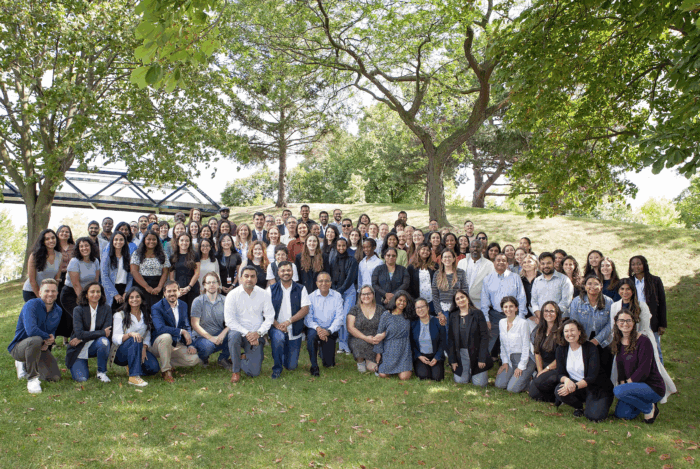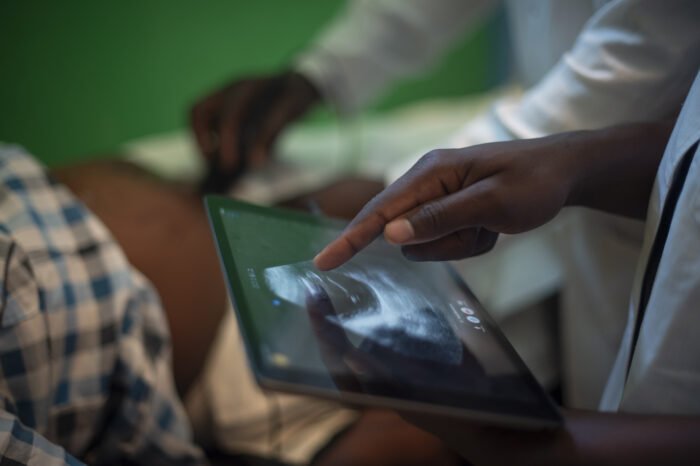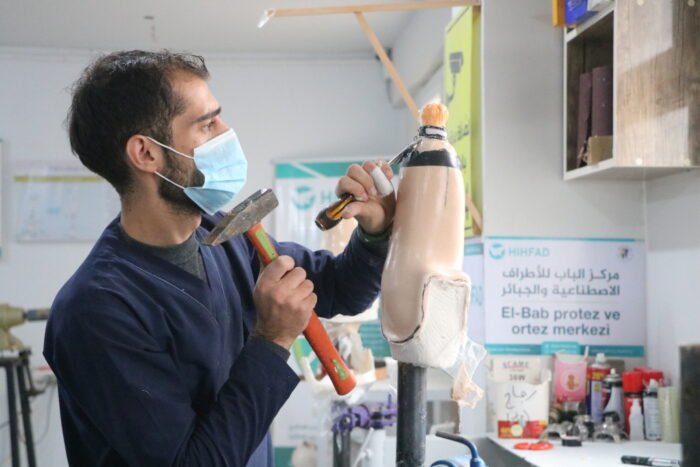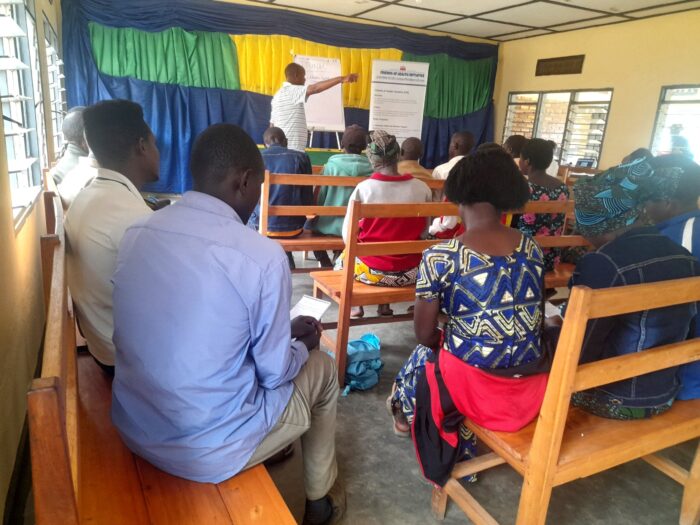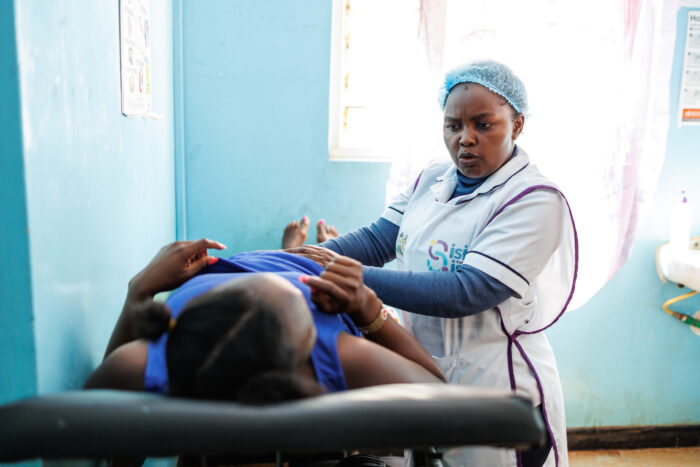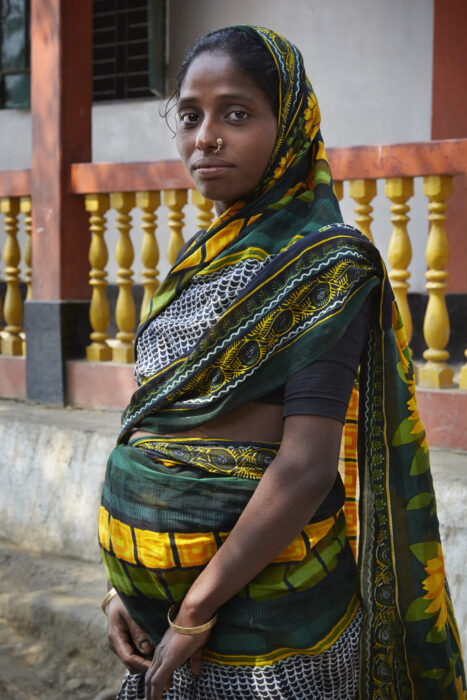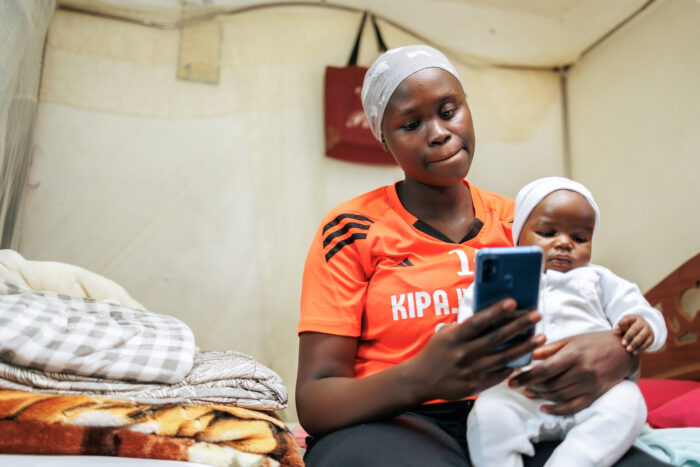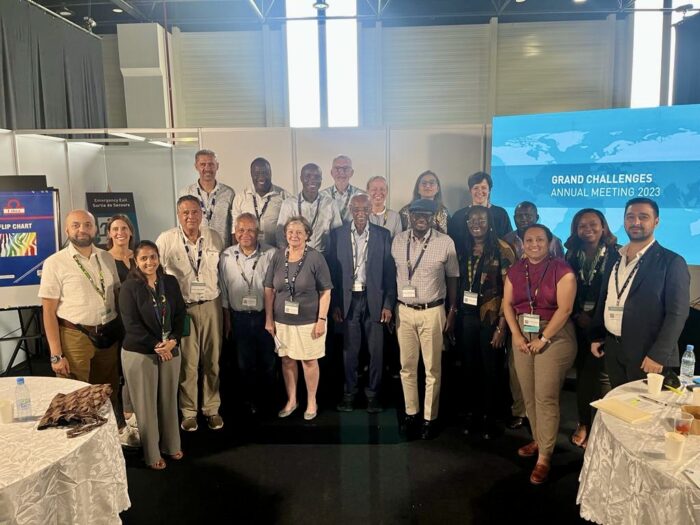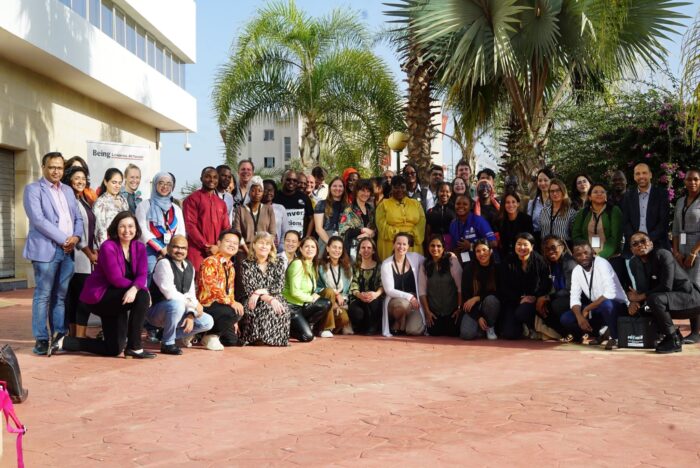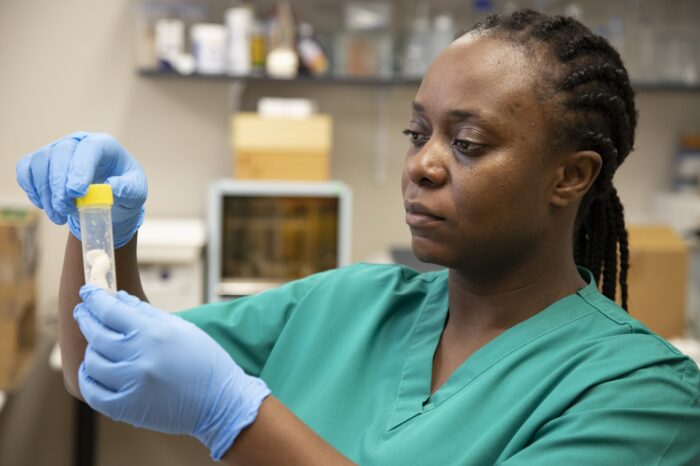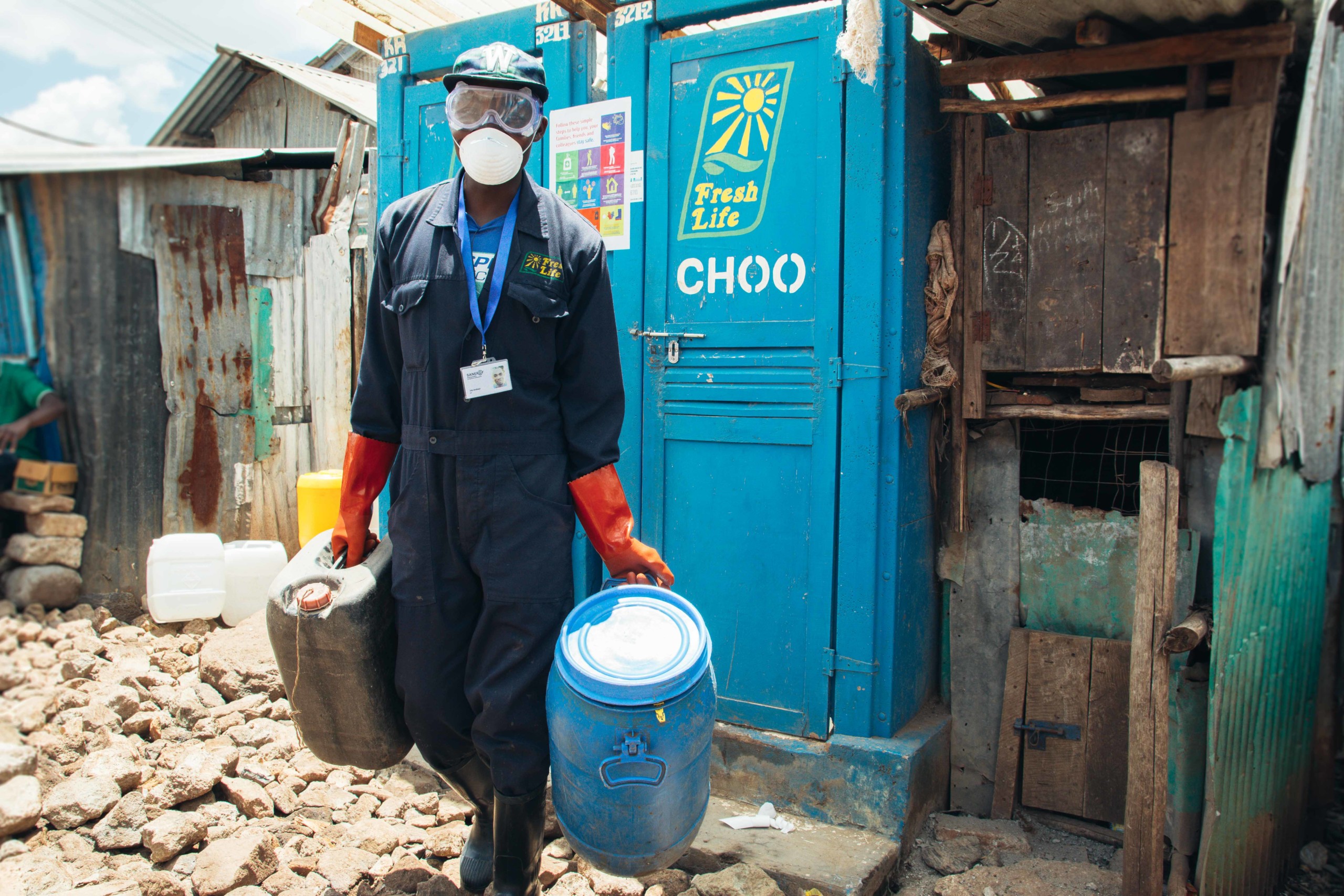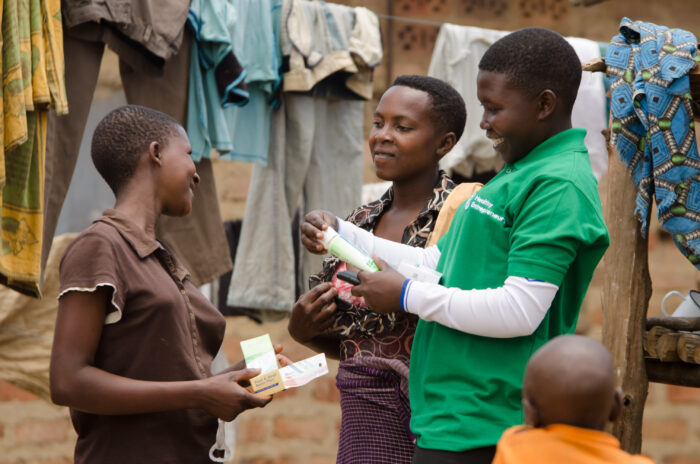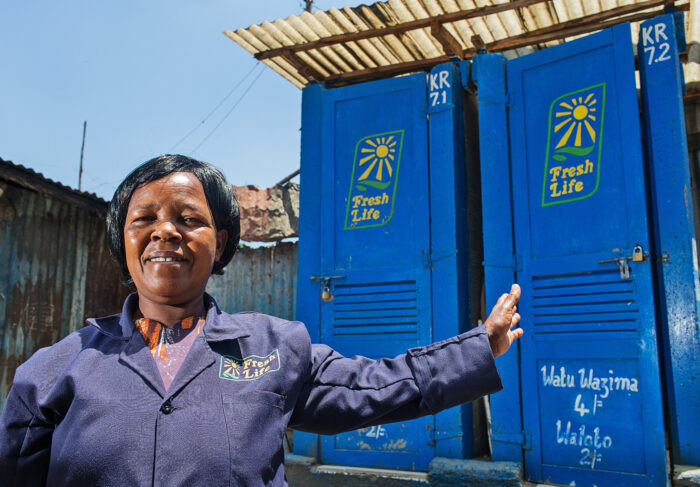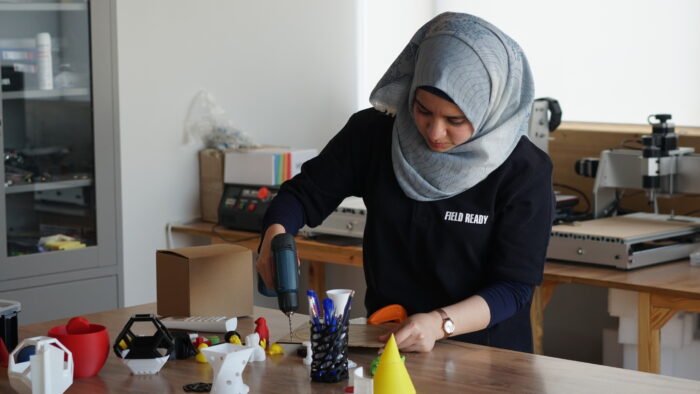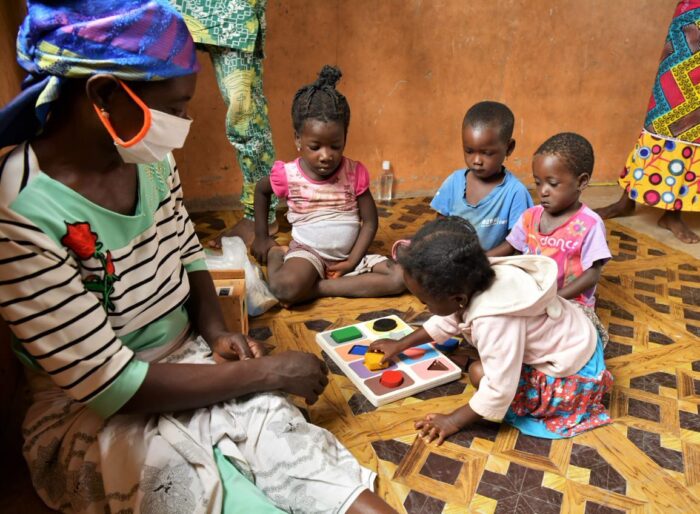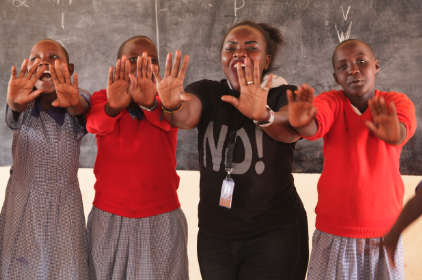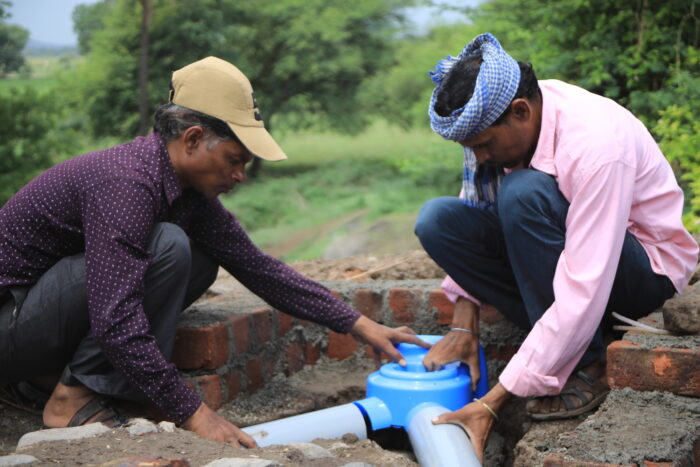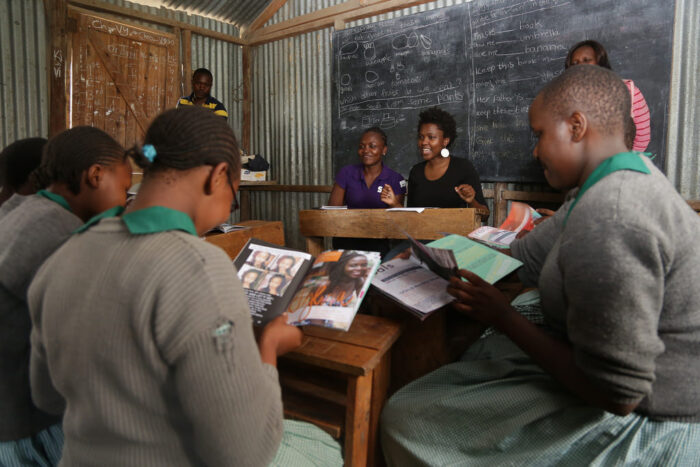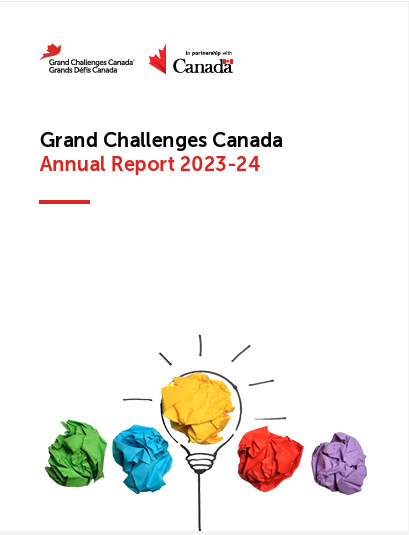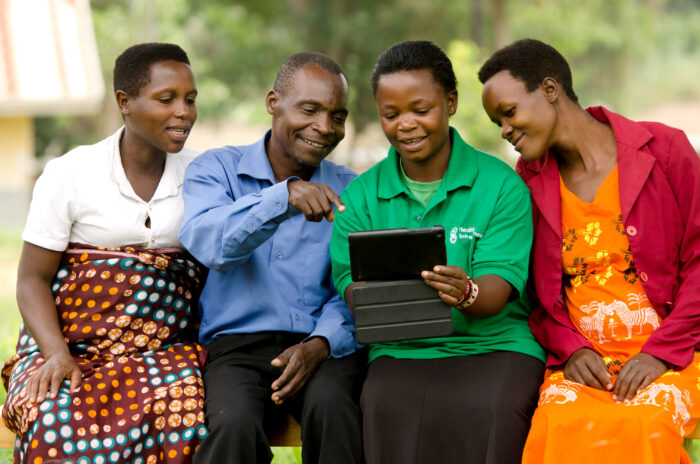The COVID-19 pandemic has highlighted and exacerbated inequalities in sexual and reproductive health and rights worldwide. While the full impact of the pandemic on women and girls’ access to safe abortion is still unknown, the estimates are staggering.
The Guttmacher Institute estimated that if 10% of women who would normally have a safe abortion instead have an unsafe abortion due to lockdowns and clinic closures, there would be an additional 3.325 million unsafe abortions in low- and middle-income countries over the course of one year[1]. Another model by Ipas Development Foundation estimated that 1.85 million abortions were compromised in the first three months of the lockdown in India alone[2].
More than ever, innovation is needed to address the barriers that women and girls face when seeking safe abortion services. In celebration of International Safe Abortion Day, the Options for Pregnancy Termination Innovation (OPTions) Initiative is excited to share stories from two innovators they support that are addressing these barriers through telemedicine.
At the Reach of Women
 Fundacion Oriéntame’s innovation, “At the Reach of Women,” is a telemedicine abortion service for women and girls in remote areas of Colombia. Abortions are facilitated by a registered nurse based in a rural area under the remote assistance of a physician from the Oriéntame Clinic. The nurse communicates with the physician through an information and communication technology (ICT) system to meet the local requirement that abortion medication be prescribed by a physician.
Fundacion Oriéntame’s innovation, “At the Reach of Women,” is a telemedicine abortion service for women and girls in remote areas of Colombia. Abortions are facilitated by a registered nurse based in a rural area under the remote assistance of a physician from the Oriéntame Clinic. The nurse communicates with the physician through an information and communication technology (ICT) system to meet the local requirement that abortion medication be prescribed by a physician.
The team was in the simulation phase when the COVID-19 pandemic struck. Since women were no longer able to visit clinics, the registration of the Oriéntame Clinic as a telemedicine service provider was accelerated and they pivoted to provide a direct doctor-to-patient service. On March 24th, 2020, the first telemedicine abortion service in Colombia was provided to a woman from Casanare.
The team will still move forward with the doctor-to-nurse model over the next few months, since this will overcome additional barriers faced by women who have low levels of literacy, lack internet connectivity, or do not know the date of their last menstrual period.
Breaking Barriers with Technology
 In Moldova, Reproductive Health Training Center is implementing “Breaking Barriers with Technology.” Through this innovation, women seeking medical abortion receive counselling from an obstetrician/gynecologist via videoconference or telephone and subsequently obtain the necessary medications at a pharmacy or by mail. Follow-up occurs after one week over the phone or videoconference to assess symptoms, adverse events, and abortion outcome. Abortion outcome is reconfirmed three weeks later using a home urine pregnancy test.
In Moldova, Reproductive Health Training Center is implementing “Breaking Barriers with Technology.” Through this innovation, women seeking medical abortion receive counselling from an obstetrician/gynecologist via videoconference or telephone and subsequently obtain the necessary medications at a pharmacy or by mail. Follow-up occurs after one week over the phone or videoconference to assess symptoms, adverse events, and abortion outcome. Abortion outcome is reconfirmed three weeks later using a home urine pregnancy test.
Due to the pandemic, the majority of the clinics that would normally provide abortion services in Moldova have closed, making medical abortion via telemedicine one of the only services available for women and girls with unwanted pregnancies. In support of the initiative, the Ministry of Health, Labor, and Social Protection (MoHLSP) arranged for the team to lead a virtual seminar with doctors from across Moldova about their innovation. The MoHLSP has also recently approved the revised National Safe Abortion Standards with a new chapter on medical abortion via telemedicine. These have been important steps toward accelerating the integration of this service into the national public health system for long-term sustainability.
When the COVID-19 pandemic is behind us, the need for safe abortion services through telemedicine will still exist. It is crucial that innovations such as these continue to be scaled and sustained into the future.
You can learn more about the OPTions Initiative and the innovations it supports in the recently launched OPTions Look Book. The second cohort of innovators has now been selected, bringing the portfolio size to 40 innovations being implemented across 5 continents. Stay tuned over the coming months to learn more about these new innovations.
[1] Estimates of the Potential Impact of the COVID-19 Pandemic on Sexual and Reproductive Health in Low- and Middle-Income Countries, Guttmacher Institute, 2020.
[2] Compromised Abortion Access due to COVID-19 : A model to determine impact of COVID-19 on women’s access to abortion, Ipas Development Foundation, 2020.
